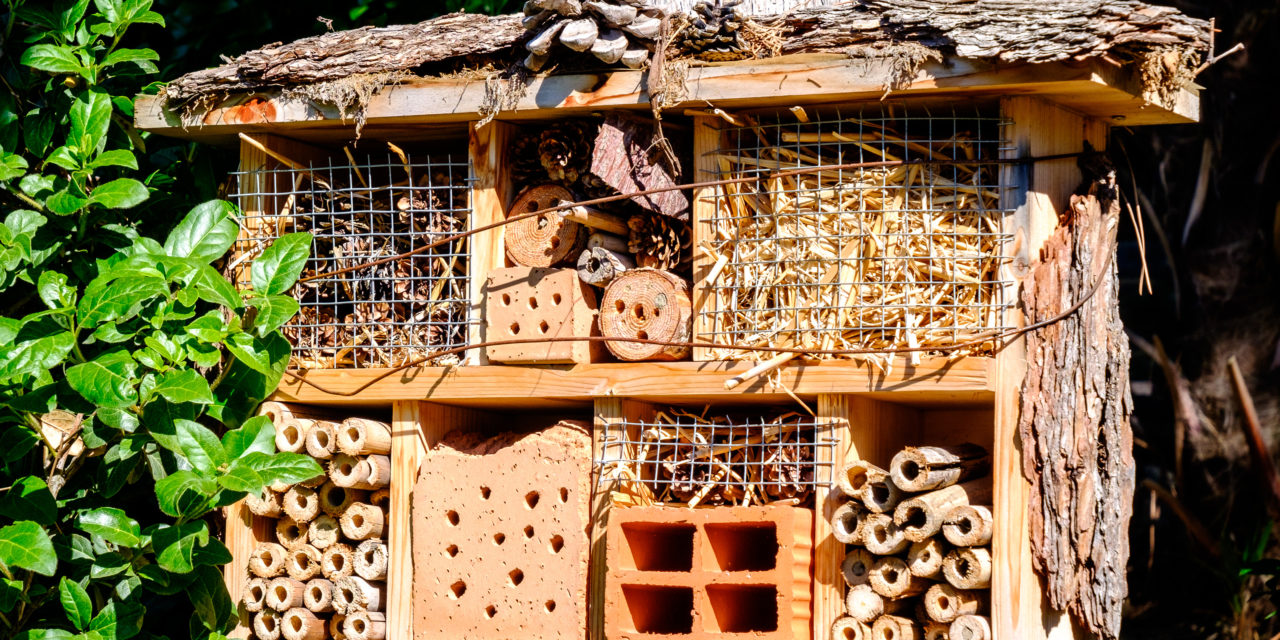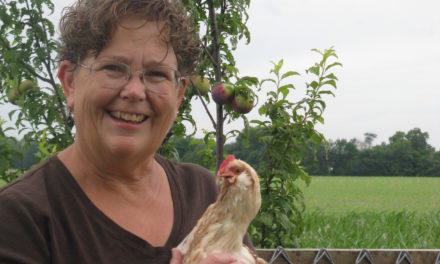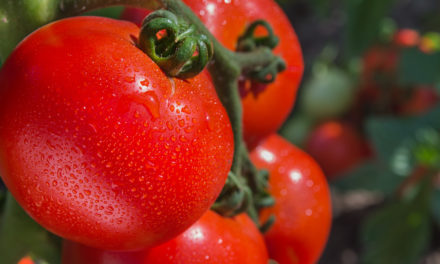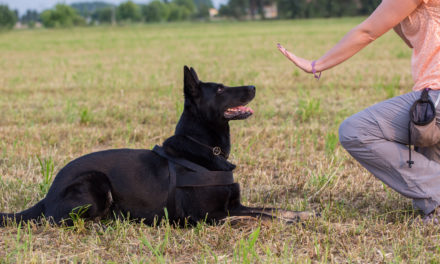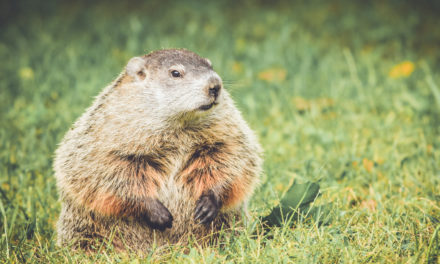Insect hotels, mason bees’ mansions, and toad huts: it seems that many creatures in nature are getting some much-needed help these days! The natural habitats for wildlife have been disappearing due to factors like farmers forgetting the Dust Bowl and removing many tree-lined windbreaks. Vast expanses of farm ground offer little cover for migrating birds and butterflies. Fortunately, many farmers still practice proper land management for which every conservationist is grateful. Another factor is the urban dweller that loves a weed-free lawn with few landscaping features that promote a stay from any woodland creature or songbird. When you saturate your yard in chemicals, you drench the insects, thus causing the birds to digest poison when they grab a grub from the backyard.
The urban songbird is under attack on multiple fronts including lawn treatments and lack of habitat. Feral cats and pet cats have significantly reduced the number of birds by feasting on the eggs and newly hatched young as well as the birds guarding their nests.
I don’t know if I am getting sentimental as I age, but I find myself charmed and delighted when any of nature’s creatures show up on my homestead. Maybe it’s the thought of never again seeing another Indigo Bunting, Eastern Meadowlark, or Cedar Waxwing (all natives to Southern Illinois and Missouri) that brings me such pleasure when I spot an Oriole or a Tufted Titmouse.
Alright, that’s enough grousing! The single most important thing you can do to help all wildlife and birds is to go organic. There are products on the market at Buchheit that will be as effective for your lawn care as the harmful chemicals that causes grave damage to wildlife.
Add a mess! Yes, I do mean add a mess! Pick a corner at the back of your manicured lawn and plant some bushes and host plants for butterflies like milkweed and parsley. Pick an out-of-the-way spot as the plants will look ragged when the caterpillars feast on your plants. Helping butterflies can also be as simple as creating a feeder made of a lid holding fruit. Monarchs love overripe bananas!

In the fall, don’t rake all the leaves and sticks away from your bushes as beneficial insects, like native ladybugs, need ground cover in which to hibernate. My husband Jim kept removing the pile of old straw and sticks from a large container where I had carefully constructed a home for my ladybugs to winter so, I finally left a note to remind him not to destroy it.
Real ladybugs, (not the invasive solid orange ones) rid our gardens of aphids so, I was happy to see they survived the “polar vortex,” with a little help!
Butterfly bushes will attract, you guess it, butterflies! Plant brambles like blackberries or cherry bushes and you will, in a few years, have a habitat for birds to raise their young that will include a food source.
You can help our feathered friends out by putting up some birdhouses. Since we can’t change the habits of cats, a solution that works is setting out birdhouses that will protect the nesting birds. Set out crushed washed eggshells in early spring as it’s an excellent source of calcium to help them produce healthy eggs.
Please consider helping our native wildlife and birds by adding habitats around your home. I know you will enjoy the results! Refresh your soul by spending time outdoors. Try it without the gadgets and you might find yourself pleasantly refreshed!
Ann May

